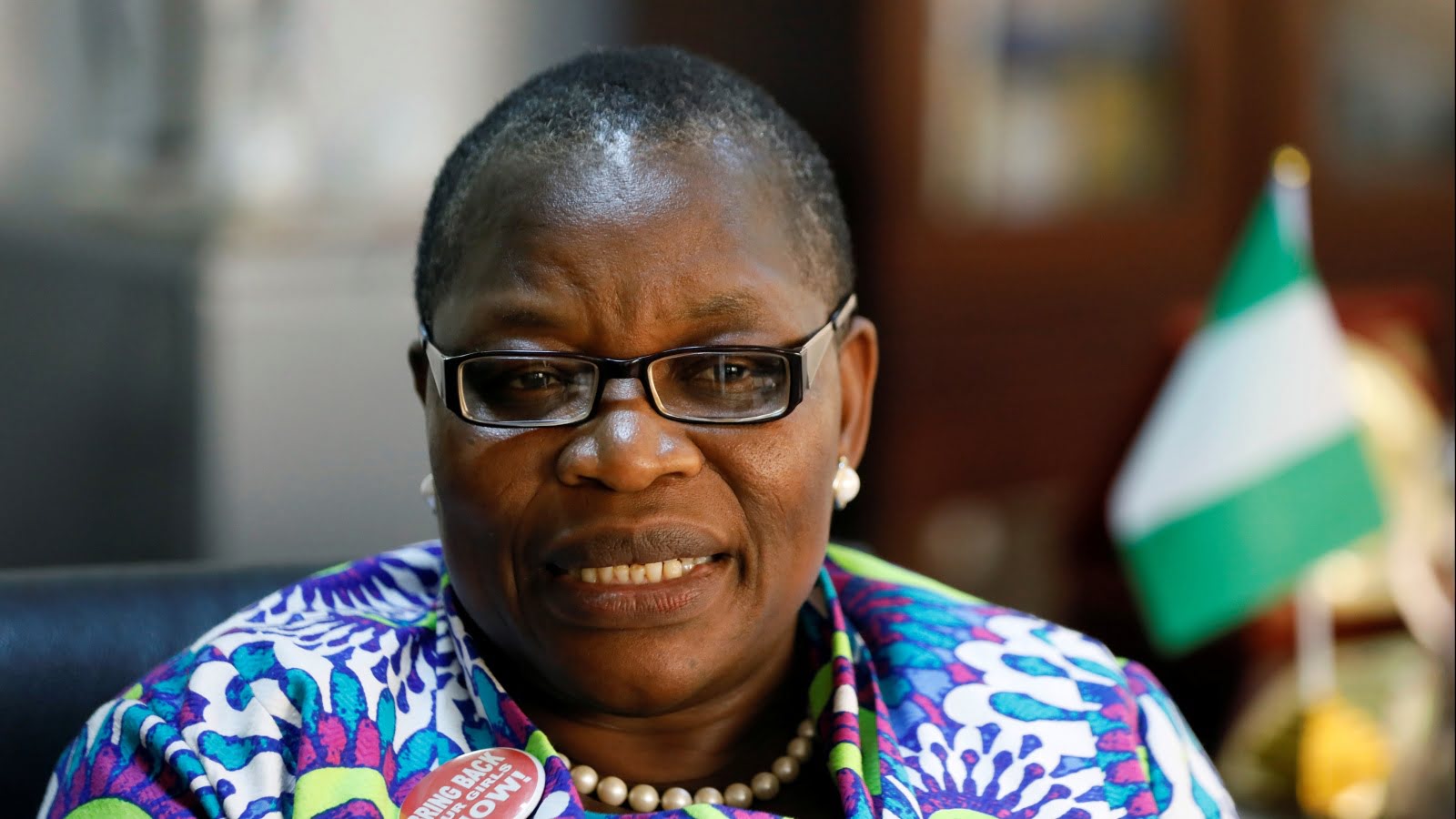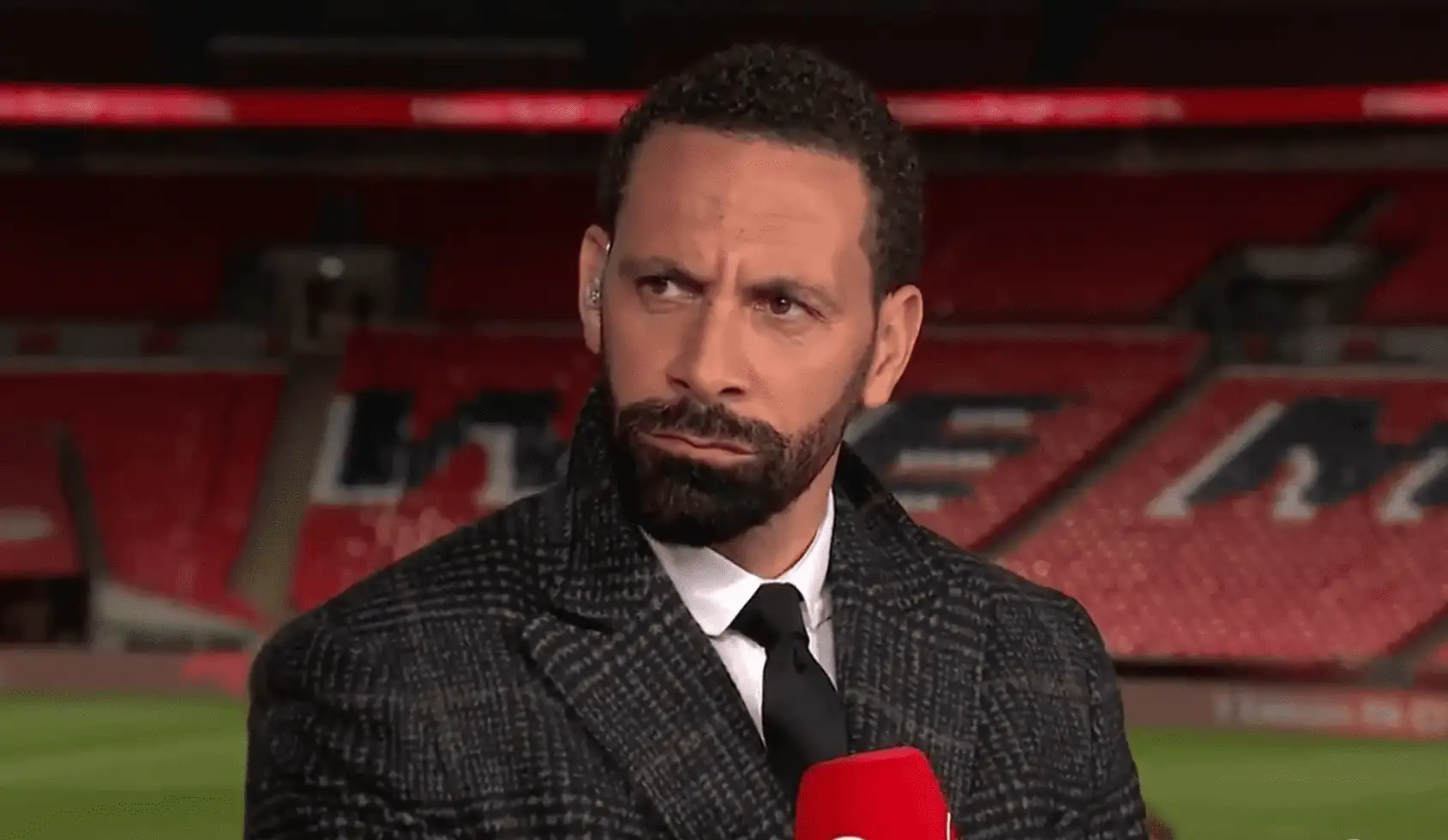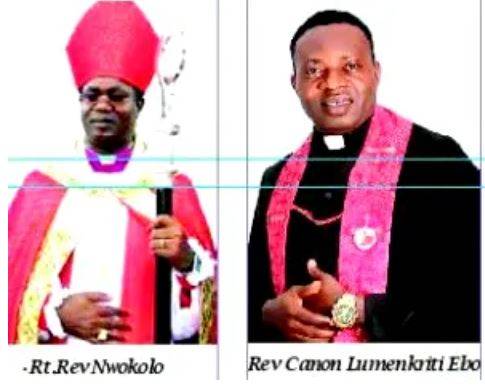Ezekwesili presents research findings on how to fix politics in Nigeria

Obiageli Ezekwesili has presented findings from her fellowship research on how to fix politics in Nigeria and Africa more broadly.
Ezekwesili, in a statement on Thursday, said she invited 124 Nigerians from diverse fields of endeavour and geopolitical zones to collaborate on designing the research findings.
The former Education Minister pointed out that politics in Nigeria was not fulfilling the core requirement of a democratic system, which was to provide good governance for the common wellbeing of citizens.
“My research findings primarily reinforce that the poor state of affairs in Nigeria is the consequence of the quality of politics at play. Politics is at the heart of everything any society can or will become. The essential process of democracy is not complete without politics,” she said.
Ezekwesili established primarily that in a democratic system, there are three triangular pillars which determine the kind of outcomes that politics will produce for the people.
The ex-World Bank vice president said, “On the right angle or demand side of the triangle is the electorate; on the left or supply side is the politicians, political class and parties; and at the top is the regulatory – constitutional, legal, electoral and institutional context within which the politics happen.
“Every pillar or angle of the triangle must function effectively and concurrently with the other two to enable the right quality of politics that will deliver strong economic performance for a people.
“In evaluating the outcome of politics in Nigeria and Africa, my study established that the quality of the electorate, quality of political class and quality and lack of independence and capacity of political institutions constitute a structural and systemic problem for democracy and must therefore be fixed by citizens,” Ezekwesili said.
Her research found that Nigeria is ridden with politicians without competing ideas of how to solve the problems of citizens, who lack a culture of public service and subordinate the common good to their personal and narrow interests.
“The constitutional, legal, institutional and regulatory environment is compromised by the political class to more frequently act without independence, fairness and adherence to the rule of law. The political space is thus completely monopolised by the supply side of governance, that is the political class, thereby, causing political, economic and social stagnation for the nation and people.”
The government critic noted that currently in Nigeria politics, voters generally lack the level of influence necessary to compel the right political processes and good outcomes that serve the good of all in society.
“The bright prospect is that evidence from the #FixPolitics research shows that citizens are the only angle of the triangle that can act and propel systemic change by collectively and decisively acting for their common good.”
To alter the status quo, Ezekwesili said only the electorate “have the incentive to correct the abnormality in a political system.”
She added, “It is the collective effort of citizens that can change the quality of political class and compel the kind of constitutional and electoral changes required to achieve good governance.”
Former President Felipe Calderon of Mexico observed an enormous gap between the interests of the citizens and that of the politicians, which he saw as a major problem to a democratic setting.
“To fix politics in Nigeria, the citizens and the politicians must work together and represent the same in practical life. Citizens must change their perception of politics and political participation rather than holding to a view that politics is for corrupt and dishonest people.”
Calderon declared that corrupt people are the opposite of what politics stands.
“To fix politics is what happens when the people participate and take responsibility to provide political participation with ethical sense and ethical parameters,” he added.
Former President of Malawi, Dr. Joyce Banda, said politics should be seen as an inclusive love affair and if institutionally implemented, “Africa will witness a great change in its democratic system.”
DailyPost
editor's pick
latest video
news via inbox
Nulla turp dis cursus. Integer liberos euismod pretium faucibua




